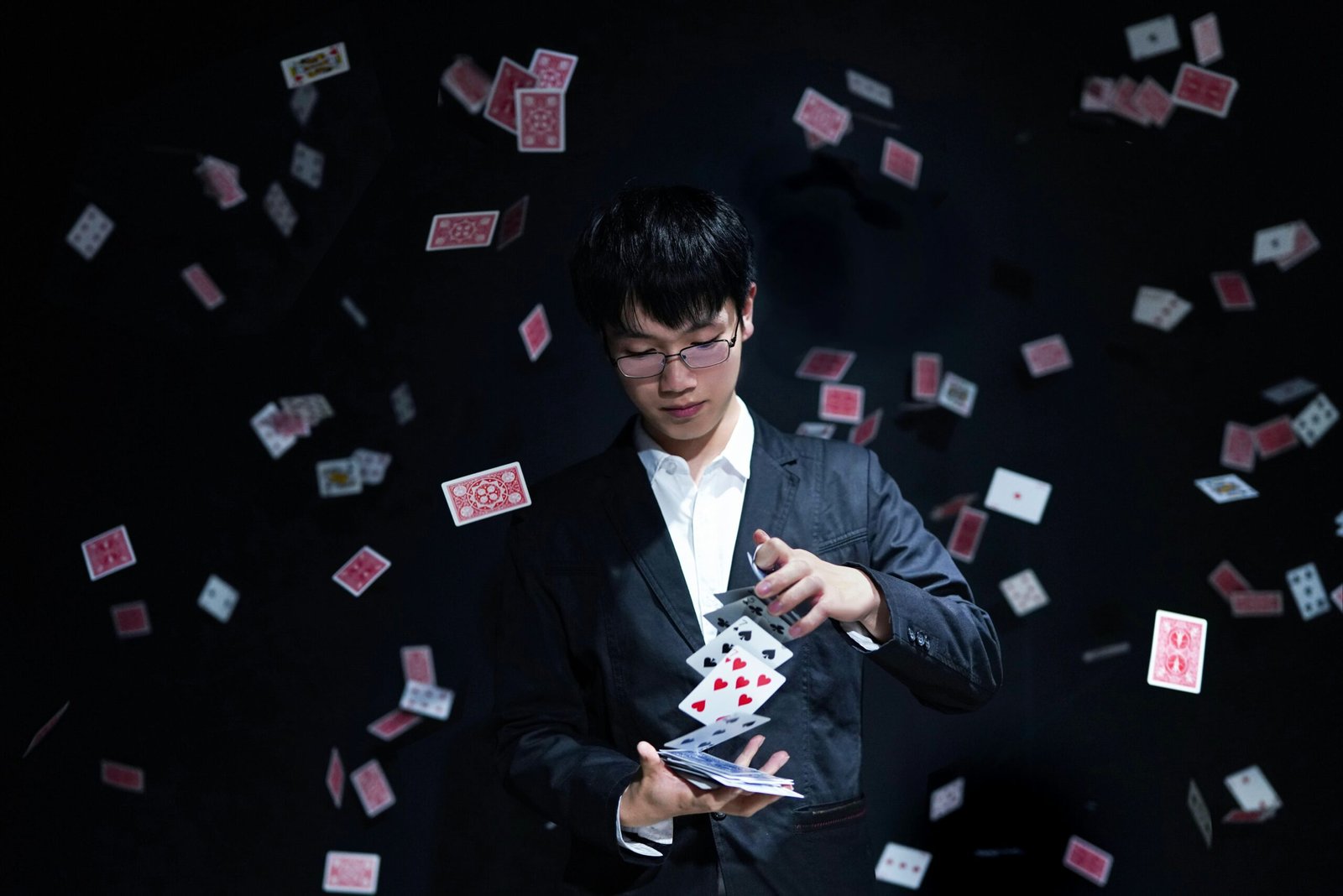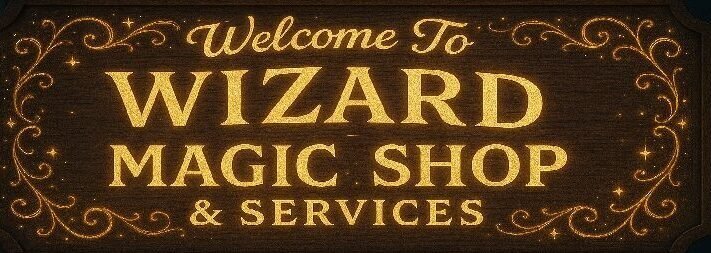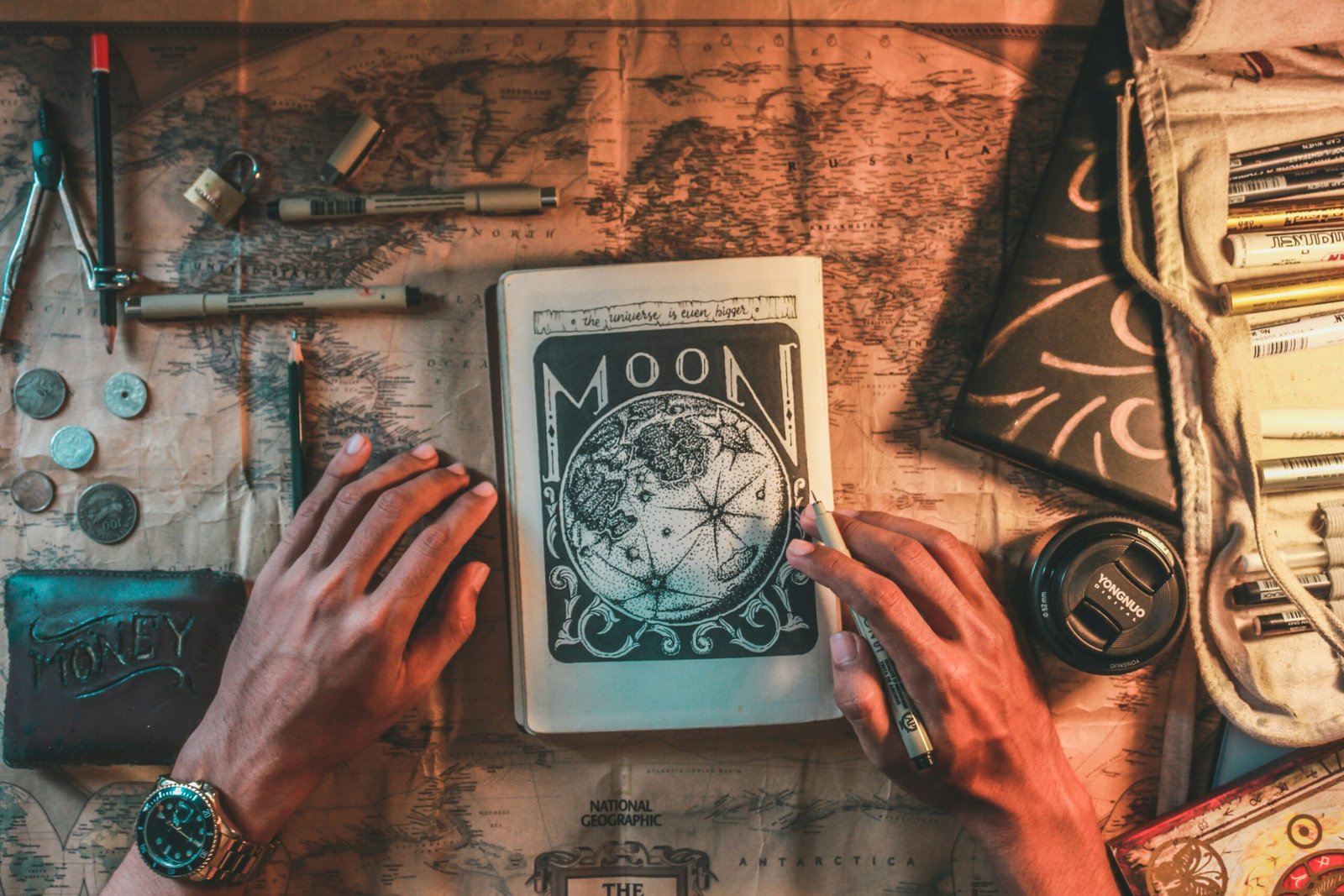The Fine Line Between Pirating and Being Inspired by a Magician’s Trick or Routine

Photo by <a href="https://unsplash.com/@saliage" rel="nofollow">Fengyou Wan</a> on <a href="https://unsplash.com/?utm_source=hostinger&utm_medium=referral" rel="nofollow">Unsplash</a>
Magicians are known for their ability to captivate and mesmerize audiences with their tricks and routines. However, there is a fine line between being inspired by a magician’s performance and outright pirating their work. In this article, we will explore the key differences between these two practices and why it is important to respect the intellectual property of magicians.
Understanding Piracy
Piracy, in the context of magic, refers to the unauthorized replication or performance of a magician’s trick or routine without their permission. This can involve directly copying the method, presentation, or even entire scripts of another magician’s act. Piracy not only undermines the hard work and creativity of the original magician but also violates their intellectual property rights.
It is important to note that piracy is not limited to the unauthorized performance of a trick or routine on stage. It can also include sharing secret methods or explanations online, selling counterfeit versions of magic props, or even teaching someone else’s trick without proper attribution.
The Power of Inspiration
On the other hand, being inspired by a magician’s trick or routine is a common and accepted practice within the magic community. Inspiration can come from observing the performance style, the structure of the routine, or even the underlying principles behind a trick. When a magician is inspired, they take these elements and create something new and unique, putting their own spin on it.
Being inspired by a magician’s work allows for innovation and the evolution of magic as an art form. It encourages magicians to push boundaries, experiment with new ideas, and develop their own distinct style. However, it is crucial to strike a balance between being inspired and outright copying someone else’s work.
The Ethical Dilemma
The ethical dilemma arises when a magician crosses the line between being inspired and pirating someone else’s work. While it may be tempting to replicate a successful trick or routine, it is important to consider the impact it has on the original creator.
Magicians invest countless hours, resources, and creativity into developing their acts. They rely on their unique performances to make a living and establish their reputation. When someone pirates their work, it not only diminishes their value but also undermines the integrity of the magic community as a whole.
Respecting Intellectual Property
Respecting the intellectual property of magicians is essential for the growth and sustainability of the magic industry. Here are a few guidelines to follow:
- Be inspired, not a copycat: Instead of replicating someone else’s work, use it as a starting point to create something new and original. Add your own personality, style, and presentation to make it uniquely yours.
- Give credit where it’s due: If you incorporate elements from another magician’s work into your routine, acknowledge and credit them appropriately. This not only shows respect for their creativity but also promotes a culture of collaboration within the magic community.
- Seek permission: If you are unsure about whether you can use a particular trick or routine, reach out to the original magician for permission. Most magicians are open to sharing their work, as long as proper credit is given.
- Support original creators: Whenever possible, purchase official magic props, books, or DVDs from reputable sources. By supporting the original creators, you contribute to the growth and development of the magic industry.
Conclusion
While being inspired by a magician’s trick or routine is a natural part of the creative process, it is crucial to respect the intellectual property of the original creator. Piracy not only undermines the hard work and creativity of magicians but also damages the integrity of the magic community. By striking a balance between being inspired and respecting intellectual property, we can ensure the continued growth and innovation of magic as an art form.






